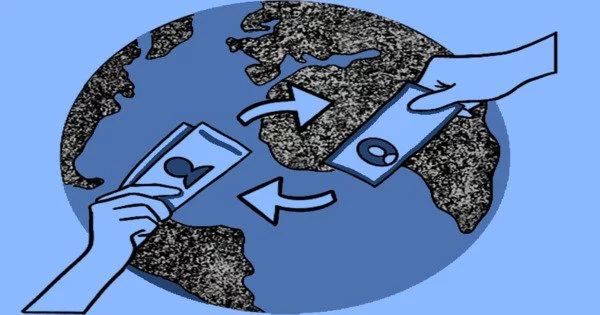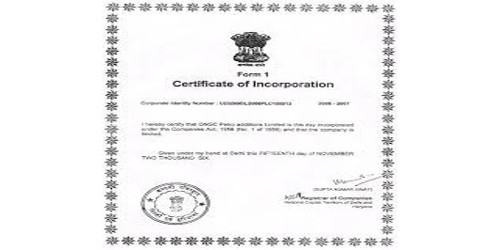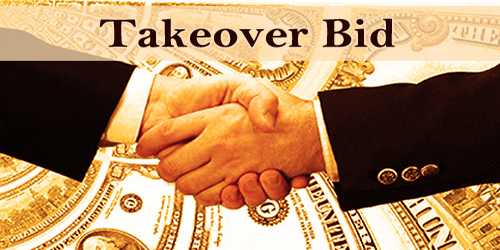Foreign exchange controls are regulations that a government imposes on the buying and selling of its currency with foreign currencies. The purpose of foreign exchange controls is to manage the flow of capital into and out of a country, in order to protect its economic interests.
Foreign exchange controls are various types of government controls imposed on the purchase and sale of foreign currencies by residents, the purchase and sale of local currency by nonresidents, or the transfer of any currency across national borders. These controls enable countries to better manage their economies by controlling currency inflows and outflows, which would otherwise cause exchange rate volatility.
Foreign exchange controls refer to government policies that regulate the buying, selling, or exchange of foreign currencies within a country. These policies can take different forms, such as:
- Exchange rate controls: Governments may set fixed exchange rates for their currency, which may be higher or lower than the market rate. They may also intervene in the foreign exchange market to maintain the exchange rate at a certain level.
- Capital controls: Governments may limit the flow of capital in and out of the country by imposing restrictions on foreign investment, or by requiring approval for large transactions involving foreign currency.
- Import and export controls: Governments may restrict the import or export of certain goods and services, and may require payment in local currency for certain transactions.
Purpose of foreign exchange
Foreign exchange controls are commonly used by countries with weak and/or developing economies to limit speculation against their currencies. They may also impose capital controls, limiting foreign investment in the country.
The purpose of foreign exchange controls may vary depending on the economic goals of the government. Some countries use foreign exchange controls to stabilize their currency, prevent capital flight, or protect their domestic industries. However, these policies can also have negative effects on the economy, such as creating black markets, reducing foreign investment, or distorting market signals.
Economic effect
Foreign exchange controls can have both positive and negative effects on an economy. On the one hand, they can help to protect a country’s currency reserves, maintain stable exchange rates, and prevent capital flight during times of economic uncertainty. On the other hand, they can also stifle economic growth, limit foreign investment, and lead to a black market for foreign currencies.
Overall, the effectiveness of foreign exchange controls depends on a variety of factors, including the specific policies implemented, the economic conditions of the country, and the ability of the government to enforce these policies.
















